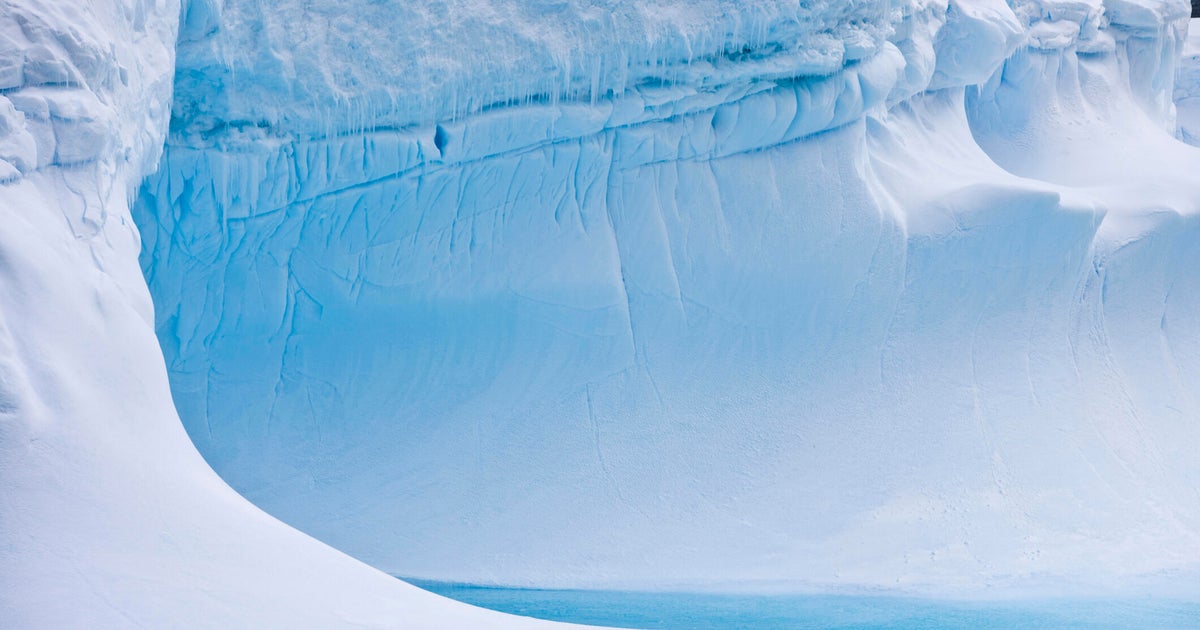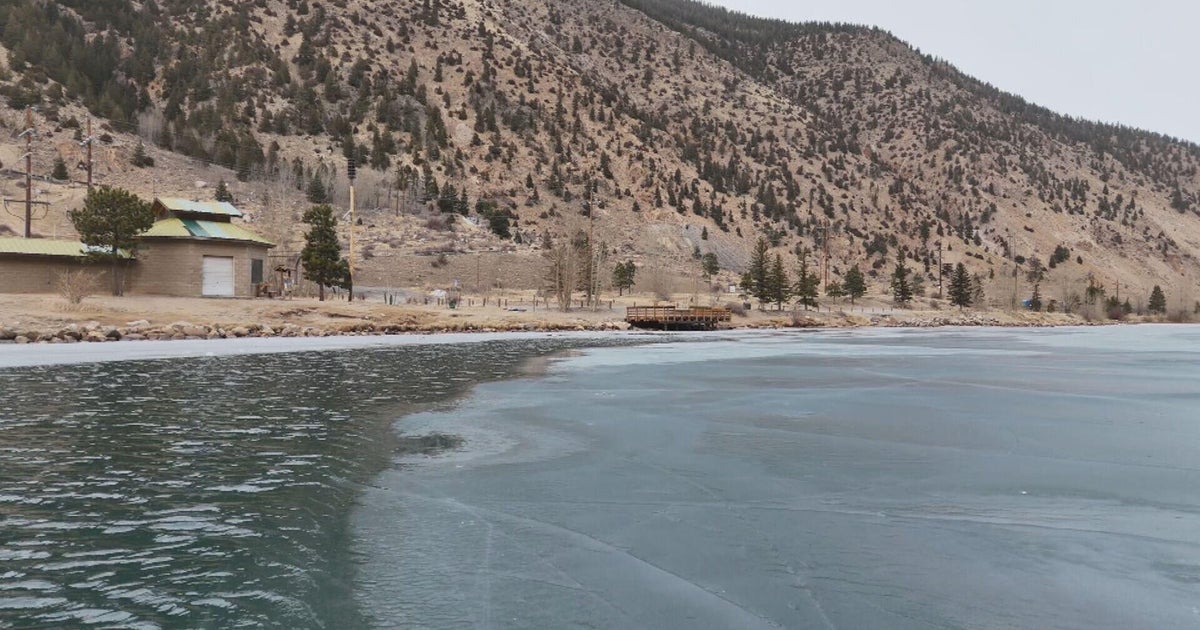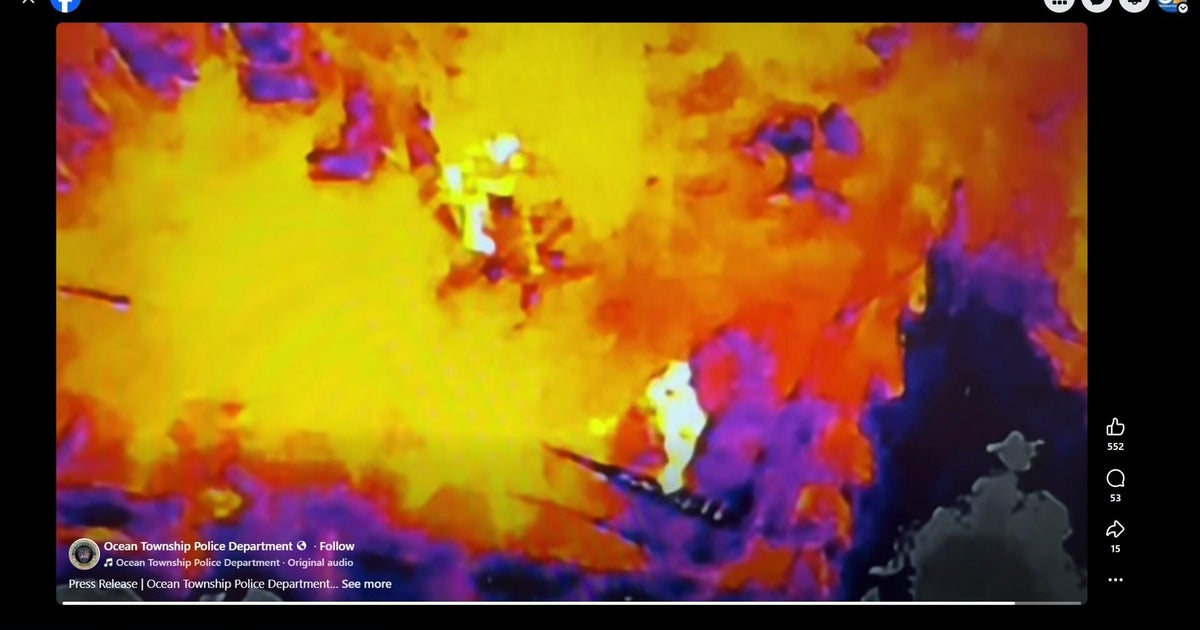How is climate change impacting Minnesota's lakes?
MINNEAPOLIS – Our summer is really sizzling. The planet just sweated through its hottest June ever recorded. And ocean temperatures broke records, too.
Sea temperatures around Florida broke a record earlier this month, climbing close to 97 degrees.
WCCO asked Jay Austin, a professor and researcher at Large Lakes Observatory in Duluth, if Minnesota's lakes are also warming.
"It certainly appears given the data that [the Minnesota Pollution Control Agency] has collected," Austin said. "There are distinct and significant trends across the state."
State data shows average July-August surface water temperatures are 3-4 degrees warmer now than 50 years ago.
"Lake Superior is sort of famous for remaining cold even in a nice summer," he said.
But even large lakes, like Superior, are seeing the effects of climate change.
"We observed summer temperatures…on the order of 4-5 degrees warmer now than they were 30 or 40 years ago, and so the changes are really significant," he said.
RELATED: Man dies in Death Valley as temperatures hit 121 degrees
Lake warming is causing more toxic blue-green algae blooms, a fish population shift, species decline, a shortened lake ice season, and poor ice quality.
With air temperature being the top influence on lake temperature, Austin says to expect more changes ahead.
"I do expect that we will continue to move into a phase where we have less and less lake ice and longer, longer summers," he said.
On average, Minnesota has lost 10 to 14 days of lake ice over the past 50 years. Some lakes have lost almost three weeks.








